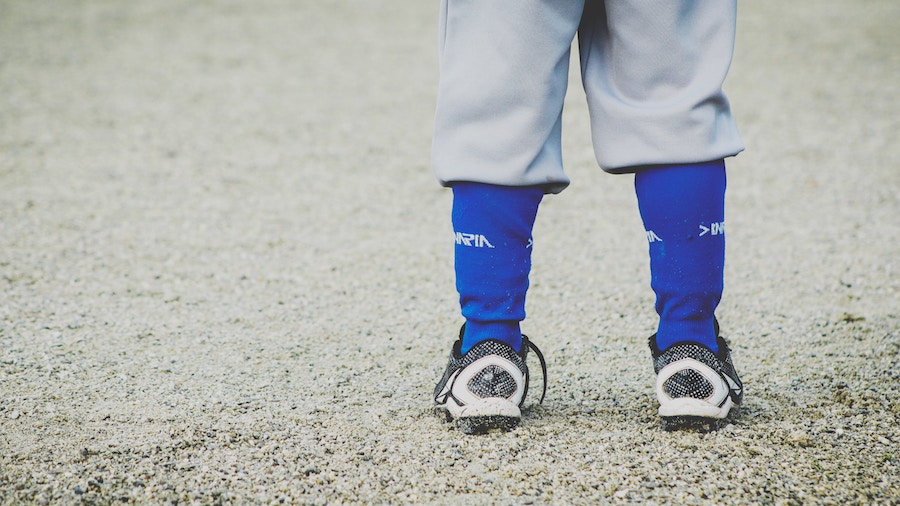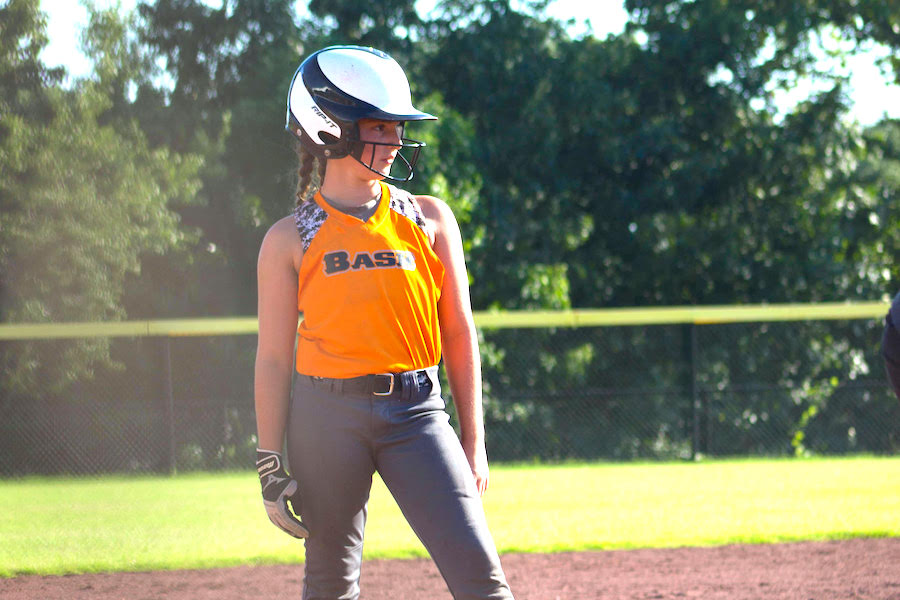Parents of kids with special needs are used to having to fight for their kids’ rights. It’s part of the parenting territory. But when my friend told me what happened to her deaf child at her softball tournament this week, I was shocked.
(Please note an editorial update below)
Lexi, her daughter, is 100% deaf. She has bilateral cochlear implants, which give her the ability to hear.
Coupled with the implants, a lot of hard work has given Lexi the ability to speak normally. In fact, when she wears her hair so that you can’t see her devices, you’d never even know she was deaf.
But when her hearing devices (we all call them “her ears”) aren’t on, she can’t hear. At all.
Related: 8 outstanding books that teach empathy for kids with special needs
So, I was enraged when I found out that after pitching a couple of strong innings (with a few strikeouts — go Lex!), the other team’s parents started yelling aggressively that Lexi’s ears were somehow an unfair advantage to her in the game.
Here’s where my mama bear instinct kicked in. Because hearing isn’t an “unfair advantage.”
And seriously, what the heck, parents?
“The fans just weren’t being humans,” my friend, Lexi’s mom, told our local nashville TV station.
Outrageous.
I know that kids’ sports has gotten intense so over the years and overly competitive parents can create huge problems. But this goes way beyond mere competition and into issues of special needs discrimination.
I’d like to think that if it were a child using a prosthetic leg, no parent would yell for it to be removed as an “unfair advantage.” But I have to admit, I’m just not sure anymore.
Sadly, discrimination against kids with all kinds of special needs is a common occurrence; fortunately for Lexi, her mom as well as her coaches were well-informed and ready to defend Lexi’s right to wear her hearing devices during the game.
Lexi’s coaches explained the technology to the game’s umpire, which I would think would have settled things. But what happened next was totally wrong:
The umpire suggested she take her hearing devices off and just use sign language to continue with the game.
Sign language that Lexi doesn’t know. Because she uses cochlear implants. To hear.
SMH.
Parents, come on. We can be better than this. It’s disheartening that we’re not already.
Knowing the rights of children athletes with disabilities.

In case you ever find yourself in a similar situation — with your own kid or if you’re advocating on behalf of a teammate — I’ve put together a list of some laws you should be aware of when it comes to the rights of a child athlete with disabilities.
1. Kids with special needs can’t be excluded from public school activities
According to the Individuals with Disabilities (IDEA) Act, every kid has the right to a free public education, and that includes non-academic and extracurricular activities like athletics, fine arts or scholastic clubs.
2. All kids who qualify for the team have the right to play
On top of that, the Rehabilitation Act of 1973 states clearly that a child can’t be excluded from any non-academic or extracurricular activity because of a disability.
In other words, for more than 40 years, the law has been perfectly clear: If your kid is good enough to make the team, they should make the team. Any special need cannot be a factor in the decision.
Related: We found great personalized books for kids with special needs of all kinds.
3. The team must make sure all kids can communicate.
Also, according to the Americans with Disabilities Act, the burden is on any public entity — the school board, a local athletic association, a community club — to remove any barriers to communication your child might have. In Lexi’s case, because she’s deaf, she has well-established legal protections that allow to wear hearing devices that allow her to communicate with her team, the officials, and her competitors.
(Not to mention, they keep her safe! And don’t we all want all the kids on the field to be safe?)
4. The rules of the game can be modified to accommodate a child’s special needs.
Institutions are legally obligated to provide reasonable accommodations requested by students with a disability. This can even involve a request to modify the rules or practices; for example, the two-hand touch rule in swimming may be amended for a swimmer with one hand, or a visual clue may be given at the start of a track race for a runner with hearing impairment.
See? Reasonable. I’d say that wearing cochlear implants qualifies.
What you should do for a child with special needs, before the game even starts
The parents of kids with special needs who I know are awe-inspiring pros when it comes to preparing their kids to handle life in the mainstream world. The same goes for entering an athletic event. I’ve learned a lot from talking to them.

Hopefully you’ll never encounter prejudice like Lexi did, but in case you do, make sure your coach is up to date on IDEA and ADA laws, then have the coach communicate the provisions to any officials before the start of a game, match, meet or tournament.
The idea is to nip any issues in the bud up front, saving your kid from any embarrassment mid-game, and keeping everything progressing smoothly.
It can also help to have a representative from your team, whether it’s your child’s coach, another parent, or even your child (if they’re old enough), to speak to the opposing coach about the technology they’re using in conjunction with their special needs. Because, like G. I. Joe told us, knowing is half the battle.
And hey, even if you don’t have a child with special needs, it’s great to know about all of these laws should you ever witness any issues like the one Lexi had. Kids overcoming disabilities need all the adult advocates they can get on the field.
EDITORS’ UPDATE: We’ve received a note from a parent from the competing team who states that “no one in any of our games (parents, coaches, or umpires) ever asked her to take off any kind of device…we didn’t know that she was deaf or that they were using a mic to talk to her.” As such, she refutes this story.
Top photo courtesy Songs for Sound; middle photo ANDRIK ↟ LANGFIELD ↟ PETRIDES via Unsplash; softball photo Justin LaBerge Flickr via Compfight cc









